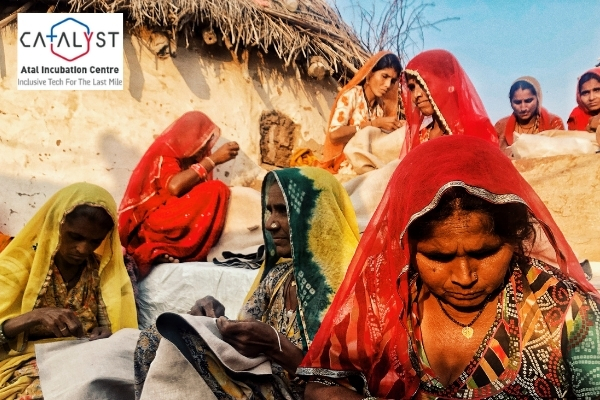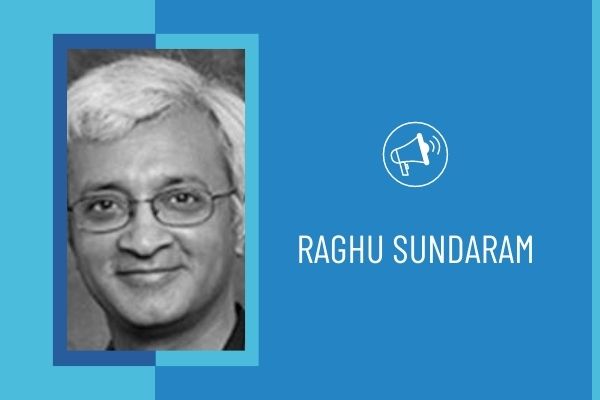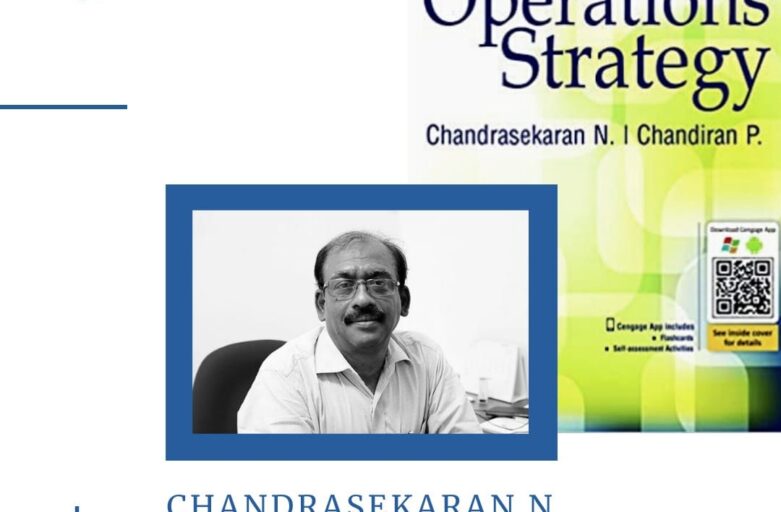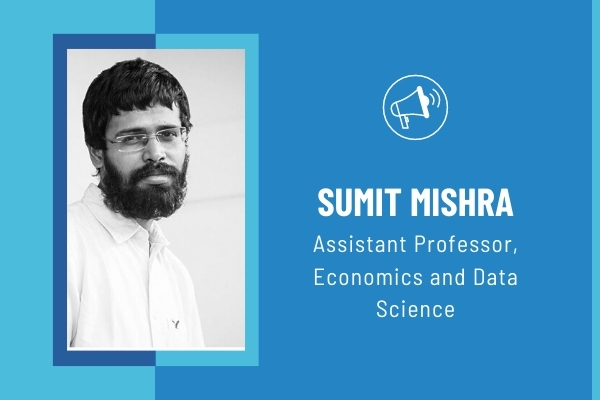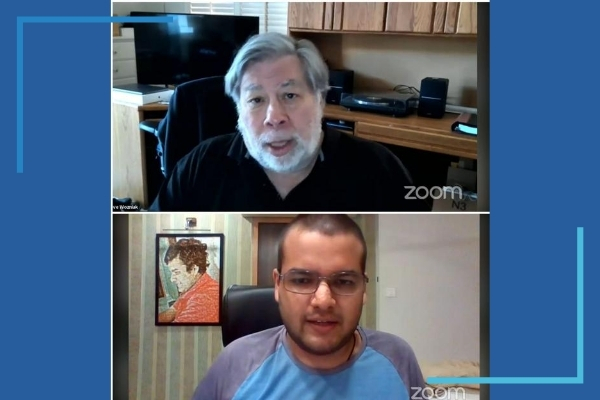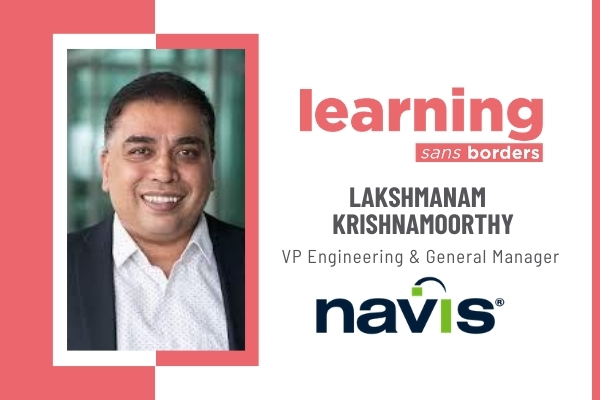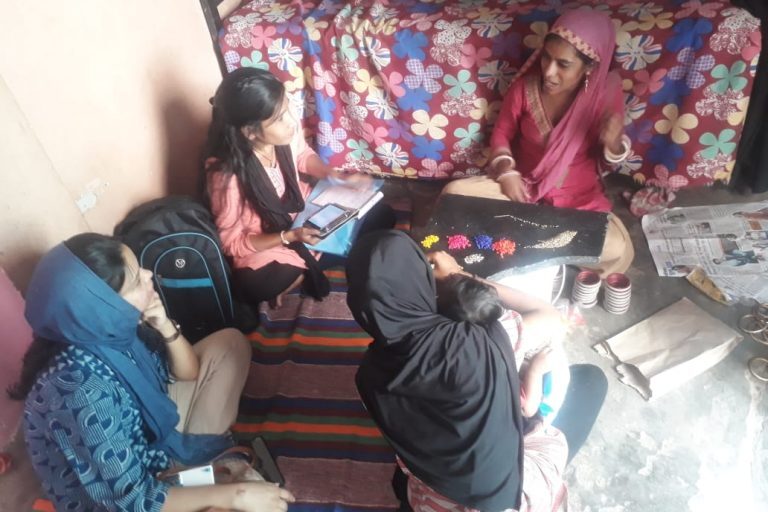IFMR Society has set up an Atal Incubation Centre (AIC), Catalyst, under the aegis of the Atal Innovation Mission (AIM), which is a flagship initiative of NITI Aayog. Established as a Section 8 entity, Catalyst AIC seeks to accelerate innovative, disruptive and inclusive tech solutions for the last mile. Over a five-year period, the program will work towards building a robust support system for entrepreneurs working to enhance livelihood opportunities for underserved segments in rural India, with a focus on rural artisans.
Home to a 200 million-plus strong artisan community, India’s handicrafts and handloom sector is deeply linked with its cultural heritage and is a crucial pillar to provide sustainable livelihood opportunities in rural areas. With the exception of a few supply chains, the sector is largely unorganised, and artisans have poor access to formal capital, weak exposure to new technologies, and markets. Inclusive tech applications, combined with relevant livelihood initiatives, can bring artisans into the fold of the formal economy, nurture greater inclusion and growth in rural areas.
The Catalyst AIC focuses on solutions that seek to strengthen access to digital financial services, improve supply chain management, skill development and workforce management, among others. It is unique in its value proposition as it provides startups with real-world test environments to rapidly test, iterate and deploy their solutions and integrate data-driven insights on their consumer segments to improve product design and delivery.
Located in Jaipur, the Catalyst AIC offers a dedicated incubation space of approx. 10,000 sq. ft. to incubatees. As part of the incubation program, selected incubatees will receive support in identifying target customer segments, piloting solutions, access to domain experts and fine-tuning business models, drawing on IFMR’s thought leadership and research centre LEAD at Krea University’s deep expertise in field-based research. Drawing on a broad spectrum of partners from the IFMR-Krea ecosystem, the Catalyst AIC incubation program will also facilitate relevant partnerships with educational and research institutes, corporates, startup ecosystem players, and investors.
Dr Sunder Ramaswamy, Vice Chancellor of Krea University shared, “The Catalyst AIC reflects our ethos to nurture an inclusive ecosystem built on exchange of knowledge, ideas, insights and meaningful collaborations. It also strengthens our vision to interweave high quality research with impactful solutions on the ground”.
“While urban India has seen rapid digitisation of processes and systems across all domains through startups, India’s last mile communities have been left largely unserved. With Catalyst AIC, we aim to provide a holistic support ecosystem for inclusive tech startups, building solutions for the last mile. We believe that with the right support systems in place, India has the capability and capacity to produce the next high performance business model, exclusively serving these vastly untapped, underserved communities.”, said Deepanshu Khandelwal, CEO of Catalyst AIC. He has previously worked with EY in the form of a consultant to state governments on their startup policies. He has worked with startups extensively over the past seven years. Deepanshu is also the founder of digital news media company, Blue Box Media.
“A key component of the Catalyst AIC Incubator is to provide in-depth granular research that helps start-ups. LEAD has extensive experience in understanding how to best cater to the last mile. This knowledge and expertise will be instrumental in providing ground-level insights on the artisan segment. It will enable the creation of tailor-made products for the last-mile, and importantly, those that are women-centric – taking into account their requirements, challenges and what works equally for men and women.” said Sharon Buteau, Executive Director of LEAD at Krea University. Over the past decade, Sharon has been working on understanding how co-creation, collaborative processes, as well using the power of technology and data from the ground up can improve socio-economic outcomes for individuals, households and enterprises. She focuses on bringing the right combination of talent, expertise and stakeholders together to ensure that investments and efforts are perfectly aligned with the desired goals.
The first phase of the Catalyst initiative was funded by the United States Agency for International Development (USAID), under the mSTAR Program to increase adoption of digital payments in India. Under a partnership with the Government of Rajasthan, LEAD set up a first of its kind digital payments lab in Jaipur to enable small merchants and low-income consumers move towards a less cash economy.
The Incubator will be formally launched shortly. This will be followed by a call for applications for the first cohort of startups.
